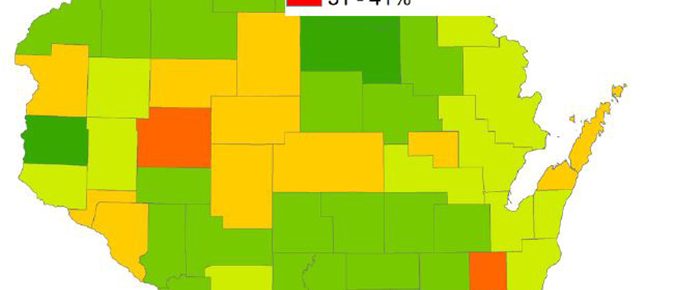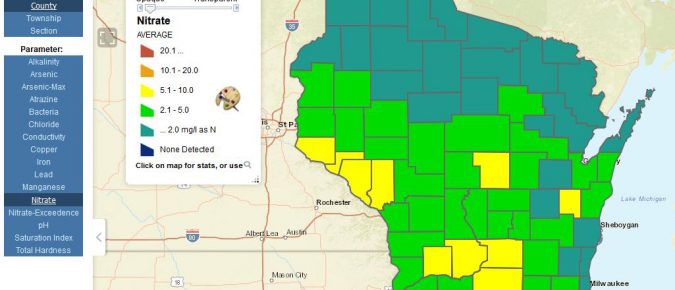Youth leadership development is critical in building civic capacity, social capital, and long-term community sustainability in local communities. Programs that teach useful skills and build the self-confidence of young people ensure capable, effective leaders for the next generation. In addition, recent national trends including an increase in youth civic service and a new emphasis on […]
Approximately 44% of the population in Wisconsin’s Grant, Iowa, and Lafayette counties relies on private groundwater wells. Collectively, these residents are served by over 18,000 wells. Private wells are not monitored or regulated by federal, state, or local governments; instead, homeowners are responsible for the maintenance and testing of their private well, including any treatment […]
Private wells are the primary water source for approximately one-third of Wisconsin residents. Approximately 9% of private wells are above accepted health guidelines for nitrate-nitrogen in drinking water. Between 15-25% of private wells contain coliform bacteria—an indicator of potential pathways for harmful pathogens that enter a well water system. Private wells do not benefit from […]
Food security has taken on a new prominence during the COVID-19 pandemic through major disruptions to access to healthy foods and family economic conditions. Extension and the Milwaukee Farmers Market Coalition tackled both, more than doubling the amount of federal food assistance used in Milwaukee-area markets. Ten Milwaukee farmers markets recorded $150,000 in sales in […]








